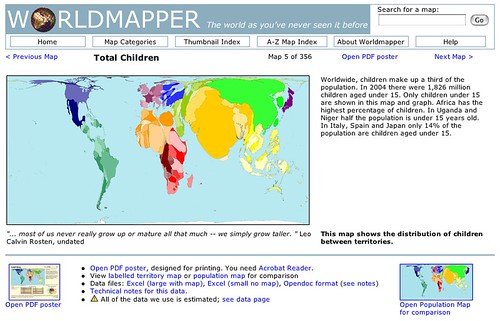Riding solo on a seven hour drive home from Nashua, New Hampshire gave me some time to reflect on the many conversations I had with educators at the Christa McAuliffe Technology Conference.
Conferences are like superfood for educators. While I can connect with my PLN everyday through the web, there is nothing like having the chance to sit down for a period of time and picking brains, sharing ideas and just being encouraged. I also had the opportunity to share through a presentation on Student Global Collaborative Projects – which I believe are crucial to building real cultural understandings without the filter of entertainiment media – and a beginners workshop entitled Ten (not-so) Secrets About Wikis. Both were well received – one was even UStreamed – and I have received emails from participants from both sessions asking followups.
On Wednesday I had the opportunity to hear Dr. Yong Zhao for the first time, who spoke on How Technology Defines Talents – What Should Schools Teach? His entertaining and sometimes humorous presentation was well worth my hour, starting with some new (to me at least) comparisons of student achievement results from 40 years ago and compared them to where those countries stand today. His findings show that the higher the nations test scores were then, the lower their current economic performance. This is startling in that it calls into questions our preponderance to compare our students to those in other countries, but the question now has to be why? Just what does this data mean or predict about our kids future?
Another captivating story from Zhao’s address was his comparisson of global populations, education and economies using a series of images from Worldmapper. Using distribution maps showing the size of  countries as relative to their populations and levels of education, we could see drastic differences between North America – I expect Canada to be tied so closely that we can use a common measure – and the rest of the world. On comparison in particular caught my eye. Images that show royalty payments showed NA as huge, with the rest of the world miniscule, while another that demonstrated toy manufacturing showed NA as very small while Asia grew. The message – the dominant position of North America currently enjoys is due to our advantage as an economy of ideas vs widgit making. But his question was – how will this change as our world economic shift continues?
countries as relative to their populations and levels of education, we could see drastic differences between North America – I expect Canada to be tied so closely that we can use a common measure – and the rest of the world. On comparison in particular caught my eye. Images that show royalty payments showed NA as huge, with the rest of the world miniscule, while another that demonstrated toy manufacturing showed NA as very small while Asia grew. The message – the dominant position of North America currently enjoys is due to our advantage as an economy of ideas vs widgit making. But his question was – how will this change as our world economic shift continues?
What was really interesting was the ability and number of people to join the conference virtually. Both David Warlick‘s Tuesday keynote and Zhao’s message were UStreamed, with almost 50 people tuned in for Dave’s address. A number of other people were twittering and live blogging during both presentations, extending the conversations beyond the physical space (isn’t that a great model for schools?). After leaving for another event in North Carolina, David even captured most of my tweets on Zhao’s address and blogged them. Fascinating and increasingly connected community we have here.
And the question, of course, continues to be – what does this mean for our schools? If a focus on comparing our students test scores with students from other global communities really means little in terms of predicting future success, just what are the measures that matter, and what are the skills that our kids will need for their future?
Technorati tags: technology, education, whipple, learning, yong zhao, nhste, nhcmtc, nhcmtc08
